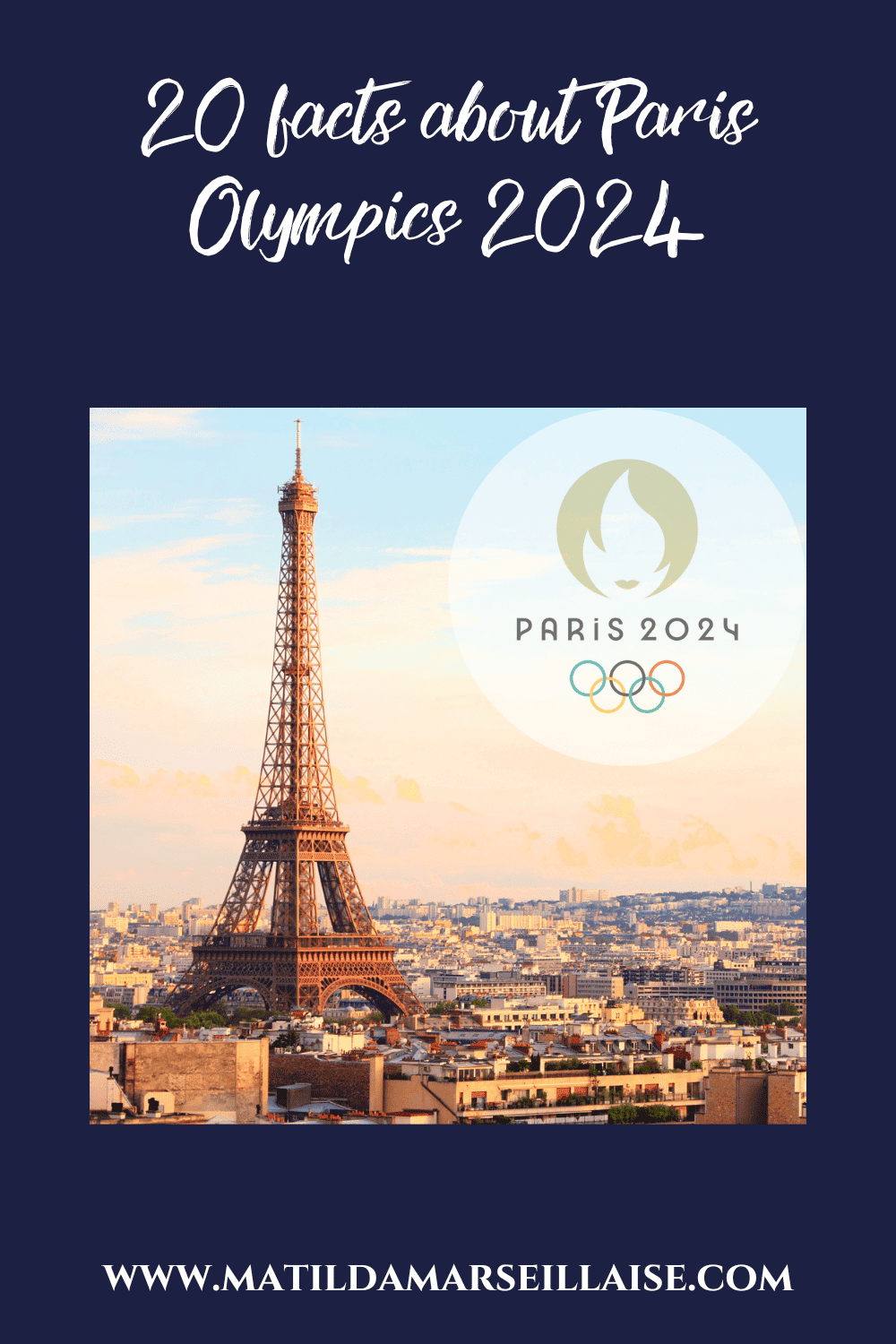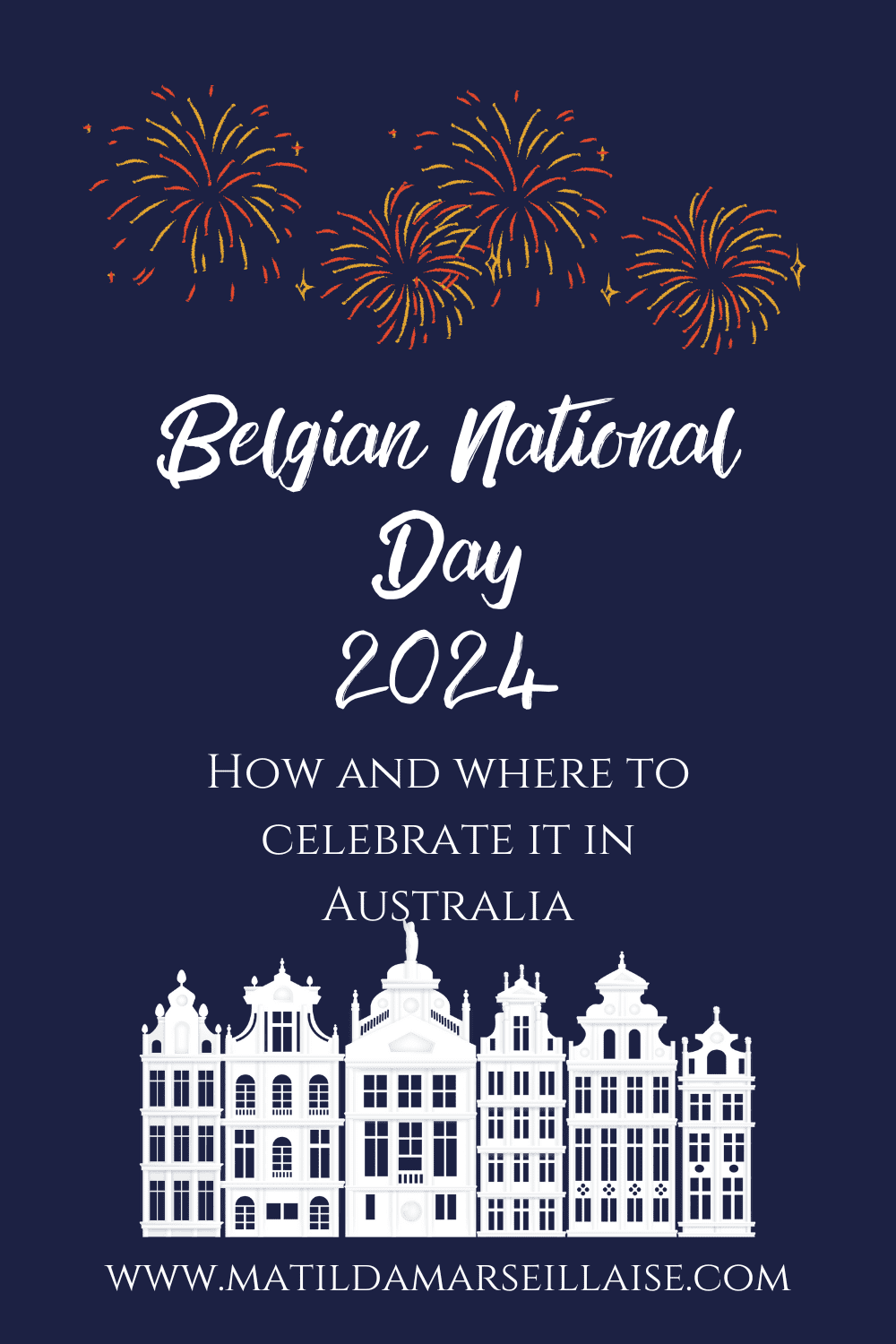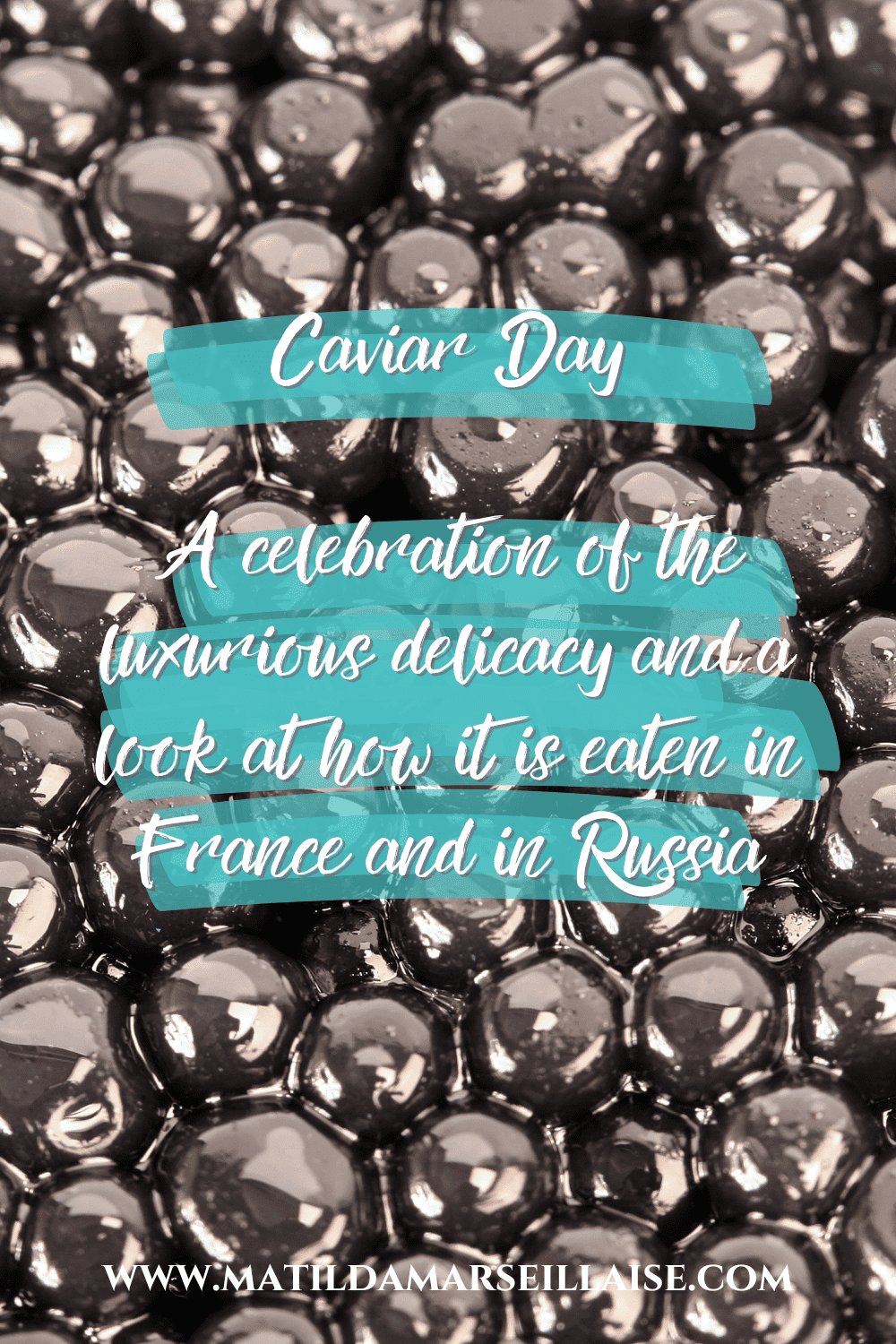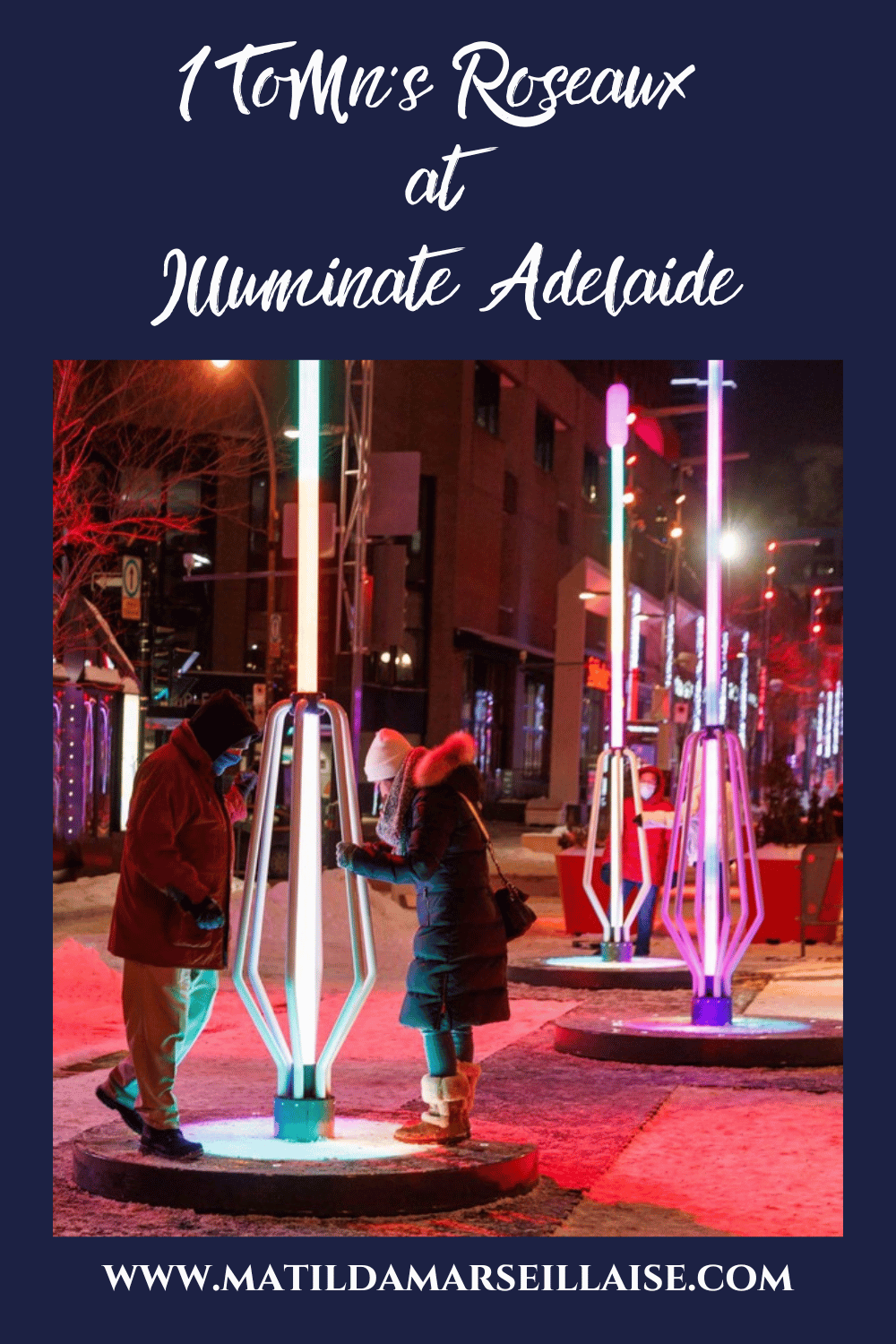Philippe Platel, Cultural attaché at the Embassy of France in Australia is also the Artistic Director of the Alliance Française French Film Festival (AFFFF). We spoke to him about the festival but also his role as Cultural attaché and French culture in Australia.

Philippe, you are the Cultural attaché to the Embassy of France in Australia. One of your roles is as Artistic Director of the AFFFF. Tell us about your other responsibilities as part of your role as Cultural attaché.
As Cultural attaché, my role outside of the artistic direction of the Festival is to encourage artistic and cultural collaborations between France and Australia, whether they be between large cultural institutions (museums, festivals) or between artists. This year 2020, is a very special year as we have organised the most beautiful French cultural season in Australia thanks to our working closely with our Australian cultural partners.
This season is called FRENCH WAVES 2020, and the program is available on the Embassy’s website and covers all domains (visual arts, theatre, dance, opera, cinema, circus, debate of ideas…) and all of Australia’s territory. We estimate that more than 2 million people will be exposed to these Franco-Australian programs in Australia in 2020, which is considerable in a country of 25 million inhabitants. This French season in Australia opens up a sequence of two years of celebrations of the culture between our two countries as next year will be the opening of Australia’s season in France in 2021 with “Australia Now”.
The highlights of French Waves: the first co-production between Adelaide Festival and the Festival d’art lyrique d’Aix-en-Provence, Requiem which is directed by Romeo Castellucci; the Biennale de Sydney with 5 French artists, two opera productions from director Olivier Py for Opera Australia (Wagner’s “Lohengrin” in Melbourne, Halevy’s “La Juive” in Sydney), the exhibition Matisse at the Art Gallery of NSW with Le Centre Pompidou, the exhibitions of works of Pierre Bonnard and Camille Henrot at the National Gallery of Victoria, the touring of the Ballet de l’Opéra de Paris in Brisbane and of course the Alliance Française French Film Festival in March.
Do you have a background or training in arts or politics?
No, I started our in finance and then I moved into entertainment before going into the museum world at the Réunion des Musées Nationaux Grand Palais, which then lead me towards cultural diplomacy for this 4 year mission in Australia.
There are 49 films and 2 TV series in the AFFFF program for 2020. How did you choose them?
You need to be assured of many things, of a good balance between different genres, of good representation of production trends, give places as much to the most successful films of the year as to emerging cinemas.
How many films have you watched to choose the 49?
I didn’t count them.
What do you look for in a film for it to be included in the program?
As I mentioned before, it’s a balance between popularity and a new view of the world. François Truffaut also said « “between truth and performance”. It’s this sometimes delicate equation which underlies the work of Artistic Director.
Do you look for a particular number of films to add to the program or does it depend solely on how many of the films you like?
We have a target of between 45 and 50 films but of course that depends on the quality of the productions, the cost of the films and especially the number of films that Australian distributors are buying and then offer us. The less films that are distributed, the less films are available. It all depends on the production and the potential of the films in the Australian market.
The AFFFF is the largest French film festival outside of France and one of the most popular film festivals in Australia. Why do you think that is the case, especially given there is for example an Italian Film Festival and many more people of Italian origin in Australia than France.
The AFFFF is the oldest of festivals dedicated to one country’s productions. As you know we celebrated the 30th anniversary of the festival last year. This longevity is an explanation but also the fervour of Australian audiences has allowed the festival to rise to the level it is at today. It is simultaneously the largest French film festival in the world but also one of the most popular film festivals in Australia. With 195,000 attendees each year, we are very close in rank to the Sydney Film Festival and the MIFF in Melbourne.
This year is the 4th in which you have selected films for the AFFFF. Do you think that the sorts of films that you choose has changed over this period?
I’ve tried as much as possible to open the festival up to new trends, when they were relevant to the current situation. When Australia voted yes to marriage for all, there happened to be a lot of good LGBTQI films. Last year, I devoted my focus on films which are the sorts of films that still attract young generations into cinemas.
This year, there are a lot of social and political films, not because it’s my personal taste but because it’s the reality of productions [being made]. But the most interesting things to note is especially that these “social” films were very successful in France (often reaching more than 2 million attendees at the box-offices): Hors Normes (The Extraordinary), Au nom de la terre (In the name of the land), Les Invisibles (The Invisibles), la vie scolaire (School life) and of course Les Misérables which was nominated at the Oscars.
Faced with this trend which is very close to the difficult reality, there are films which call on archetypal heroes, which audiences perhaps need now more than ever: astronauts (“How to become an astronaut” and the beautiful “Proxima”), Princes and Princesses (“Donkey Skin”, “The Lost Prince”), submariners (“The Wolf’s call”)… And of course the classic antidote that cinema proposes to gloom, comedies and romcoms. But this year, I wanted to highlight original approaches to these two very popular genres. I especially think of “Love at second sight” whcih is very much inspired by Harold Ramis films with a hint of the fantastic or the very funny (and very moving) “La Belle Epoque” from Nicolas Bedos, which is close to The Truman Show.
There are a lot of other jewels (the beautiful “Les Hirondelles de Kaboul” that Zabou Breitman will present at a Q&A in Melbourne on 17 March) and I encourage everyone to visit the Festival website as soon as possible.
Similarly, have you perhaps been more daring in your selection of films given that this is your last year as Cultural Attaché in Australia?
I haven’t treated this edition any differently. I have put as much ambition and passion as for the previous ones.
If you can only see one film at the AFFFF, what film would you say is the must-see?
A single film, that would be very very unfortunate!
I am sorry, but I am absolutely incapable of choosing justone and if I could, I would list them all.
Anything else?
See as many films as possible! A festival is made for that, satisfy a large appetite for film. You only savour the diversity in multiplying the number of sessions you go to.
Audiences will rest afterwards.
AFFFF DATES AND PLACES
The dates and places for the AFFFF in 2020 are:
ADELAIDE: 17 March -14 April Palace Nova Eastend Cinemas, Palace Nova Prospect Cinemas
AVOCA BEACH: 19 March- 1 April Avoca Beach Picture Theatre
BALLARAT: 17 -19 April Regent Cinemas
BENDIGO: 17 – 19 April Star Cinema
BRISBANE: 18 March -14 April Palace Barracks & Palace James Street
BYRON BAY: 31 March – 12 April Palace Byron Bay
CANBERRA: 12 March – 8 April Palace Electric Cinema
HOBART: 19 – 28 March State Cinema
MELBOURNE: 11 March- 8 April Palace Balwyn, Palace Brighton Bay, Palace Cinema Como, Palace Westgarth, Kino Cinemas & The Astor Theatre
PARRAMATTA: 26 – 29 March Riverside Theatres Parramatta
PERTH: 11 March – 8 April Palace Raine Square, Cinema Paradiso, Luna on SX, Windsor Cinema & Camelot Outdoor Cinema
SYDNEY: 10 March – 8 April Palace Norton Street, Palace Verona, Chauvel Cinema, Palace Central & Hayden Orpheum Cremorne
The program has been released and tickets are already on sale. You can see the full program and purchase tickets here:
https://www.affrenchfilmfestival.org/
And if you want to see even more, here’s the AFFFF 2020 trailer:
Which films are you going to see at the AFFFF?





